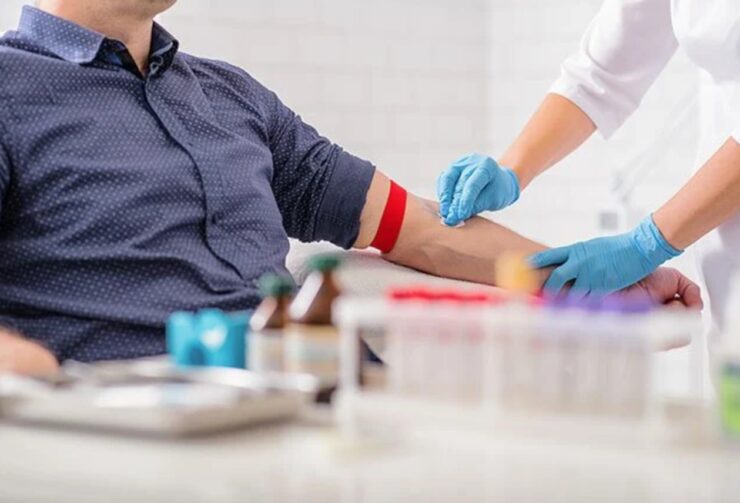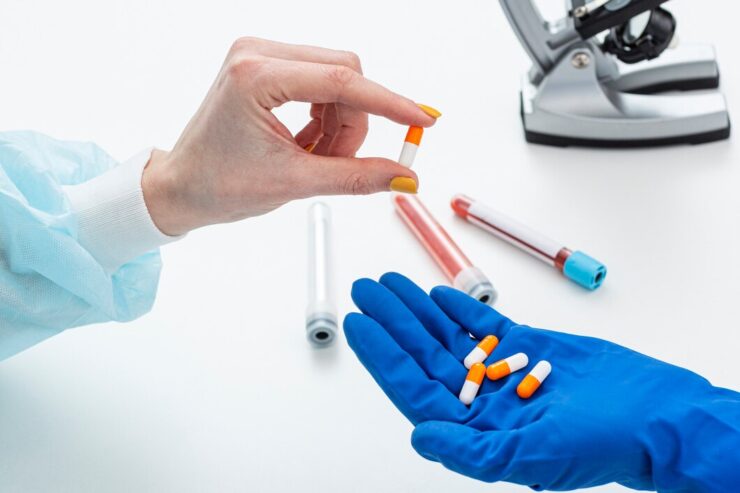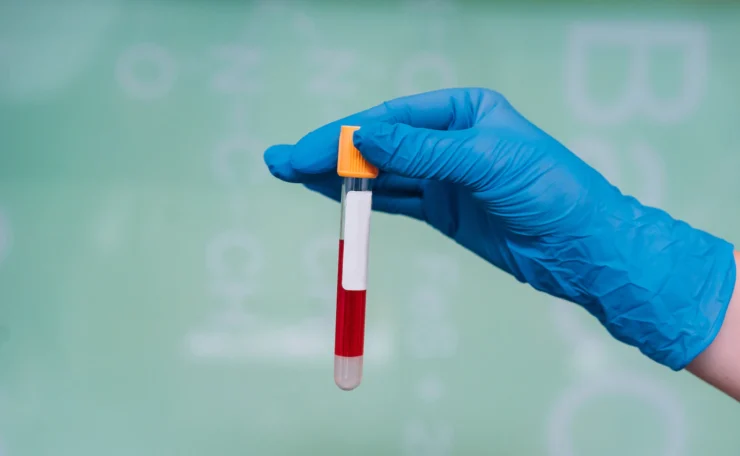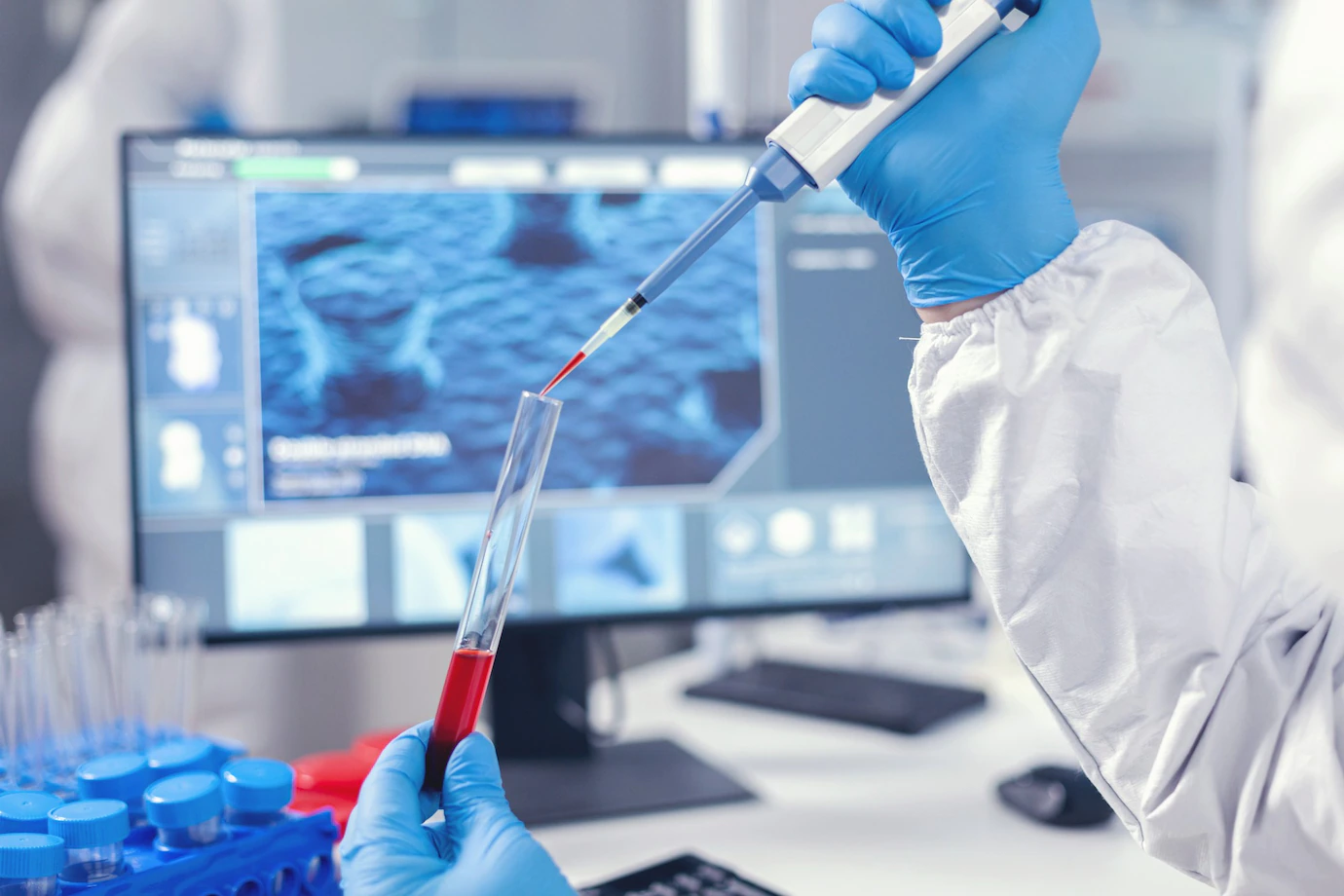Blood tests are essential for medical professionals to diagnose and monitor various medical conditions.
However, to obtain accurate test results, it is important to follow certain guidelines before the procedure.
The great thing is that new technologies are making this process more convenient for patients. For example, you can now do a Blood Test at home.
Still, the requirements are the same, which means there are some things that you should avoid. We are going to analyze more about that in the following article.
Fasting

Some blood tests, such as those that measure glucose levels, require that you fast for a certain period before the test.
Fasting means not eating or drinking anything except water. The duration of fasting required can vary depending on the specific test, so it is important to follow the instructions provided to you by your healthcare provider.
Fasting helps ensure that your test results are not affected by anything you have recently consumed, such as food or drinks that may alter your glucose levels.
It’s also important to know that if you are diabetic and taking medications that lower your blood sugar, you should check with your doctor on how to adjust your medications and eating schedule before the test.
Consuming Alcohol

Alcohol can affect the results of some blood tests, such as liver function tests, by altering the levels of certain enzymes and proteins in your blood.
Therefore, it is best to avoid drinking alcohol for at least 24 hours before the test. Moreover, alcohol can cause dehydration which can affect your results as well.
Additionally, drinking alcohol can affect your liver function, which can be important for liver function tests and for understanding the severity of any underlying liver disease.
Smoking

Smoking can also affect the results of some blood tests, such as tests that measure the level of carbon monoxide in your blood, so it is best to avoid smoking for at least 24 hours before the test. Nicotine and other chemicals in cigarettes can affect your blood test results.
Cigarettes can also affect the functioning of your blood vessels, making it harder for your healthcare provider to obtain a sample.
Additionally, smoking can affect certain enzymes in your blood and is a known risk factor for many chronic diseases and conditions, such as lung disease, heart disease, and cancer.
Physical Activity
It is recommended to avoid any heavy physical activity before taking a blood test, as it can affect your test results.
That is particularly important for tests that measure certain hormones or enzyme levels in your blood, such as cortisol or creatine kinase.
Physical exertion can cause an increase in hormone levels, which can give inaccurate test results. Physical activity can also cause inflammation, altering the results of certain tests, such as CRP or ESR.

Medications
Certain medications can affect your blood test results. It’s important to inform your healthcare provider of any medications you are taking before the test.
Some medications can affect the levels of certain substances in your blood, such as blood thinners that affect clotting factors or hormones that can affect glucose levels.
Therefore, it might be necessary for you to stop taking certain medications before the test and always check with your doctor.
Depending on the test, your doctor might advise you to stop certain medications before and reschedule the test for another time.
Dehydration

It’s important to stay hydrated before a blood test. Dehydration can affect test results by causing your blood to become thicker and slower to flow.
That can make it harder for your healthcare provider to obtain a sample and affect the accuracy of certain tests, such as electrolyte tests.
It is the best to drink plenty of water in the days leading up to the test and avoid diuretics such as caffeine, alcohol, and excessive amounts of salt.
Also, dehydration can cause electrolyte imbalances which can affect test results and make you feel lightheaded or dizzy during the test.
Stress
Stress can affect some test results, so avoid any stressful situations, if possible, before the test and try to relax.
Stress can cause an increase in certain hormone levels, such as cortisol, which can alter the results of your blood test.
Stress can also make it more difficult for your healthcare provider to obtain a sample if you are anxious or nervous.
Stress can also negatively impact your overall health and contribute to some chronic health conditions such as hypertension, heart disease, and diabetes.
To reduce stress, you can try yoga, meditation, deep breathing exercises, or listen to calming music before the test.
It is important to remember that feeling stressed before a test is normal, and you can ask for help from your healthcare provider to assist you in managing it.

Why is Blood Testing Important?
Keep in mind that accurate results can be the only way for doctors to evaluate your condition and determine the right healing steps if necessary.
Many indications can be found in these samples that can be related to issues.
The great thing is that doctors can use blood samples to prevent bigger problems, but that can be possible only if you choose this procedure on time.
Moreover, avoiding to follow the clear instructions provided by experts could lead to inaccurate results, which could be misleading for doctors.
For example, eating a lot of sugar drinking, and smoking right before the test might end in results that are showing that the patient is having even more issues that in reality, and the doctor won’t be capable of determining the right condition.
Last Words
By following these guidelines, you can help ensure that your blood test results are accurate and that your healthcare provider can make an accurate diagnosis.
Remember, before any procedure, it is always best to consult with your healthcare provider for specific instructions and advice on preparing for your blood test, as the guidelines for preparation may vary depending on the test you are taking.

